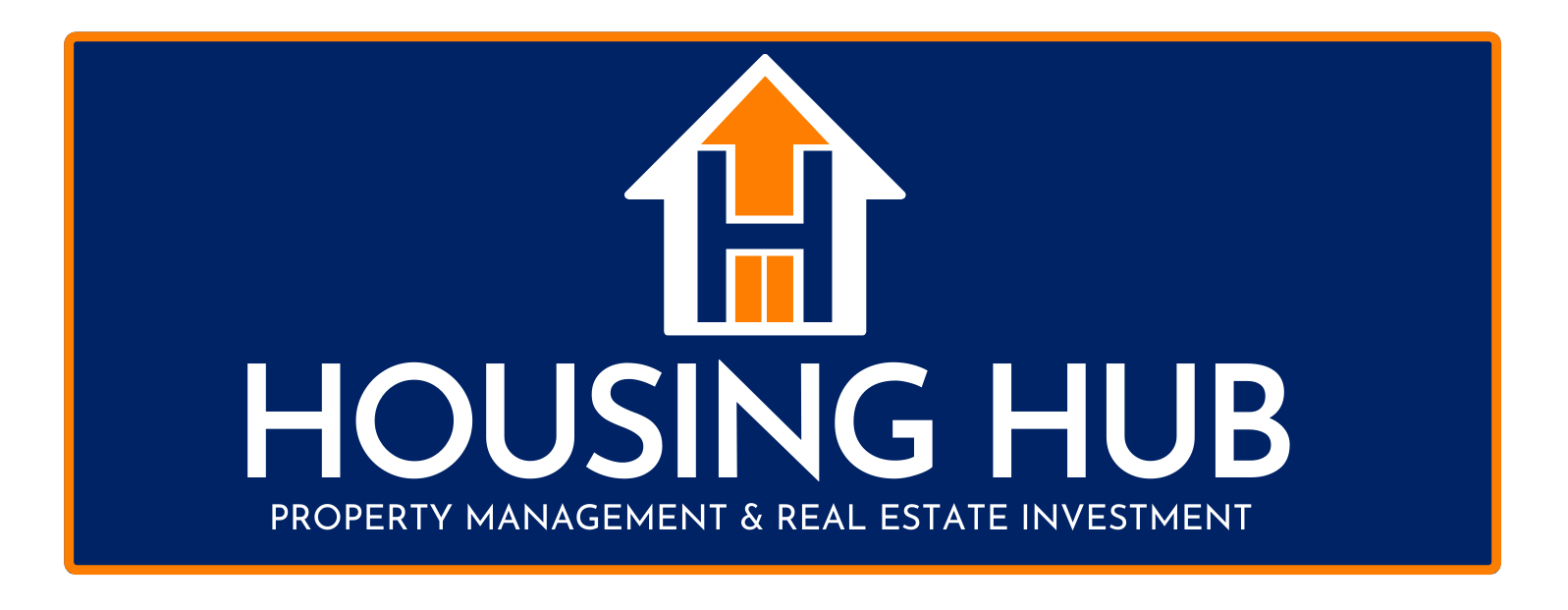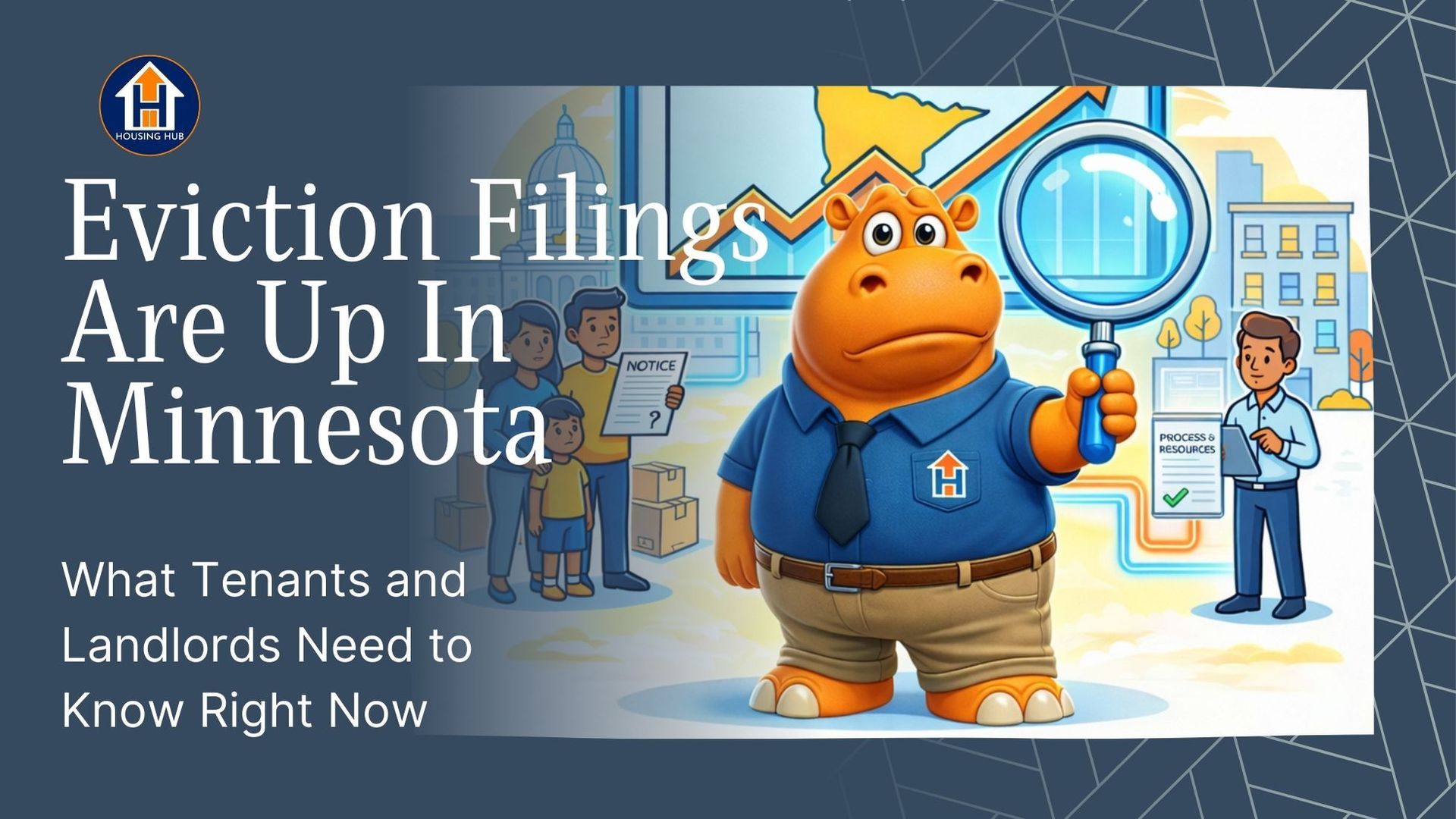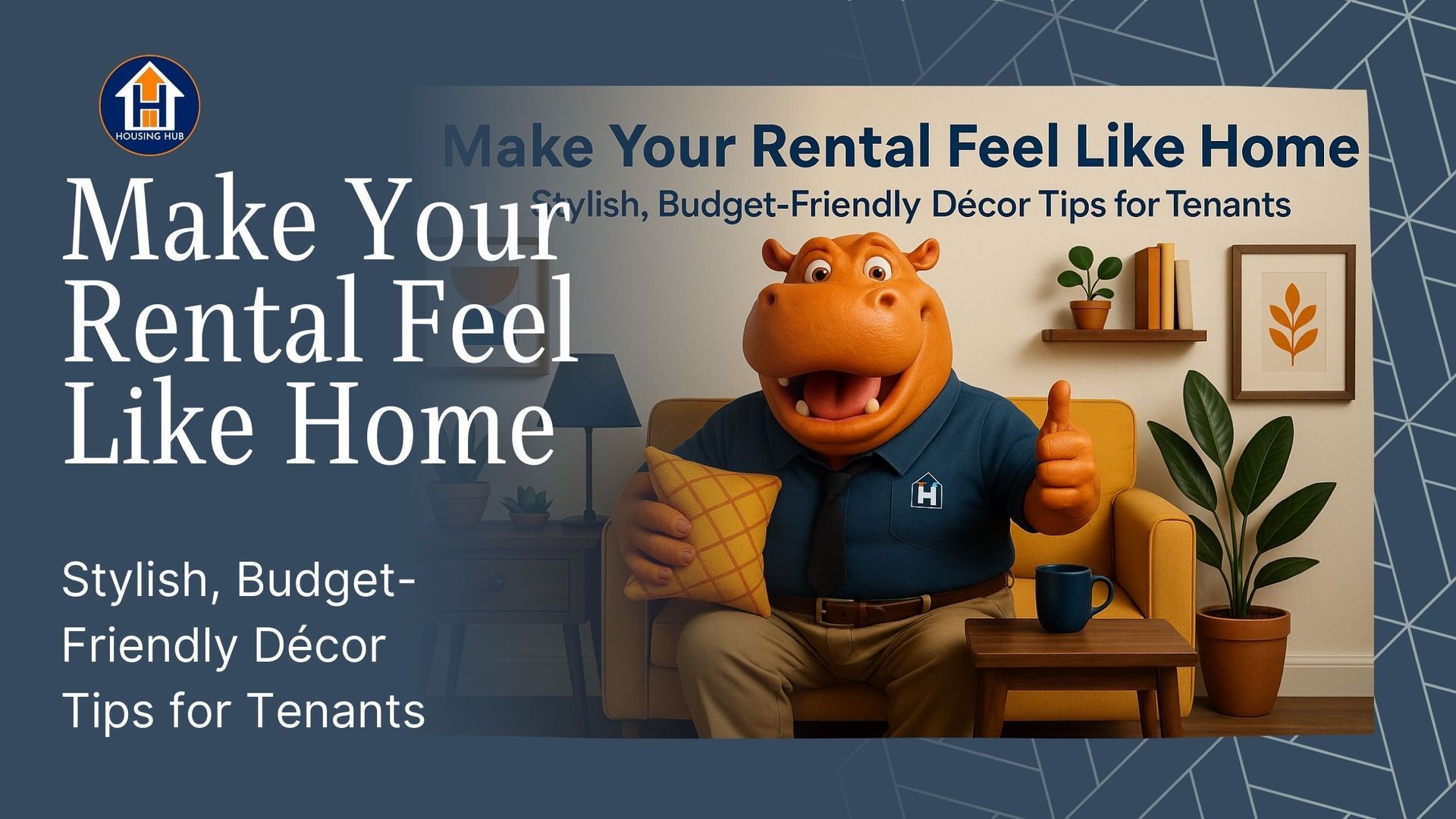Navigating Pet Policies for Rental Properties in the Twin Cities
As a rental property owner in the thriving Twin Cities area, understanding and accommodating the growing demand for pet-friendly rental housing can give you a significant advantage in the competitive rental market. With over half of US households having at least one pet, offering pet-friendly living options can widen your tenant pool and increase rental demand for your property. However, allowing pets in your rental property also has inherent risks, such as potential property damage, increased maintenance costs, and liability concerns. Balancing the needs of pet-friendly tenants while protecting your valuable investment is crucial for successful property management in St. Paul and Minneapolis.
In this article, we will guide you through creating an effective pet policy for your Twin Cities rental properties. We'll discuss essential factors to consider when developing your pet policy, such as type and number of pets allowed, pet deposits and fees, renter's insurance requirements, and property rules and regulations for pet owners. Additionally, we'll explore best practices for managing pet-friendly rental properties and fostering a harmonious living environment for all tenants, both pet-owning and non-pet-owning alike.
Benefits of Offering Pet-Friendly Rentals
Catering to pet-friendly tenants can offer several advantages in the rental market:
- Increased Demand: Pet-friendly properties attract a larger pool of potential tenants, leading to reduced vacancy rates and quicker turnover.
- Higher Rent: Pet-friendly rentals can command slightly higher rental rates than non-pet-friendly properties, increasing your overall rental income.
- Long-term Tenants: Pet owners often have a harder time finding suitable housing, making them more likely to stay in a pet-friendly rental for a longer period.
Crafting an Effective Pet Policy
When developing your pet policy, consider the following factors to ensure a comprehensive approach that accommodates pet owners while protecting your property:
- Pet Type and Size: Specify which types and sizes of pets are allowed in your rental property. Common restrictions may include limiting the number of pets, prohibiting certain breeds of dogs, or setting a maximum weight limit.
- Pet Deposits and Fees: Require a pet deposit, non-refundable pet fee, or additional pet rent to cover potential damage and help maintain the property. These funds can be used for cleaning or repairs related to pet ownership at the end of the lease term.
- Renter's Insurance: Encourage or require pet-owning tenants to have renter's insurance that includes pet liability coverage. This can help protect you and other tenants in case of injuries caused by a tenant's pet.
- Property Rules and Regulations: Set clear rules for pet owners, including leash requirements, designated pet waste disposal areas, and quiet hours to maintain a comfortable living environment for all tenants.
Managing a Pet-Friendly Rental Property
Once you've established a pet policy, follow these best practices to minimize pet-related issues and ensure a harmonious living environment:
- Thorough Tenant Screening: Screen all potential tenants—including pet owners—by checking credit scores, conducting background checks, and verifying references from previous landlords.
- Regular Property Inspections: Conduct regular property inspections to assess the condition of your rental property and promptly address any pet-related damages or concerns..
- Property Maintenance: Keep common areas clean and well-maintained to minimize potential health and safety hazards for tenants and pets.
Partnering with a Property Management Company
Managing a pet-friendly rental property can be time-consuming and complex. Partnering with a professional property management company such as Housing Hub can help you manage your pet-friendly properties and maximize your rental income. Our skilled property management team can:
- Screen Tenants: Our team thoroughly screens all potential tenants, including pet owners, to ensure responsible and financially stable renters in your pet-friendly rental properties.
- Implement and Enforce Pet Policies: We have developed comprehensive pet policies tailored to your specific property and enforce these policies consistently for all tenants.
- Handle Maintenance and Repairs: We coordinate property maintenance and repairs for you, addressing pet-related issues promptly and cost-effectively.
Successfully catering to pet-friendly tenants in the Twin Cities rental market can be achieved by creating an effective pet policy that balances tenant demands with property protection. With well-thought-out pet policies and responsive property management, you can enjoy the benefits of increased tenant demand, higher rental rates, and longer-term tenants while minimizing potential pet-related risks.
Leverage the expertise of Housing Hub to help you create the perfect pet policy and smoothly manage your pet-friendly rental properties. Our experienced
real estate agents understand the nuances of the Twin Cities rental market and will work tirelessly to maintain your rental properties while maximizing rental income. Partner with us to ensure your pet-friendly rentals thrive in the Twin Cities area.






